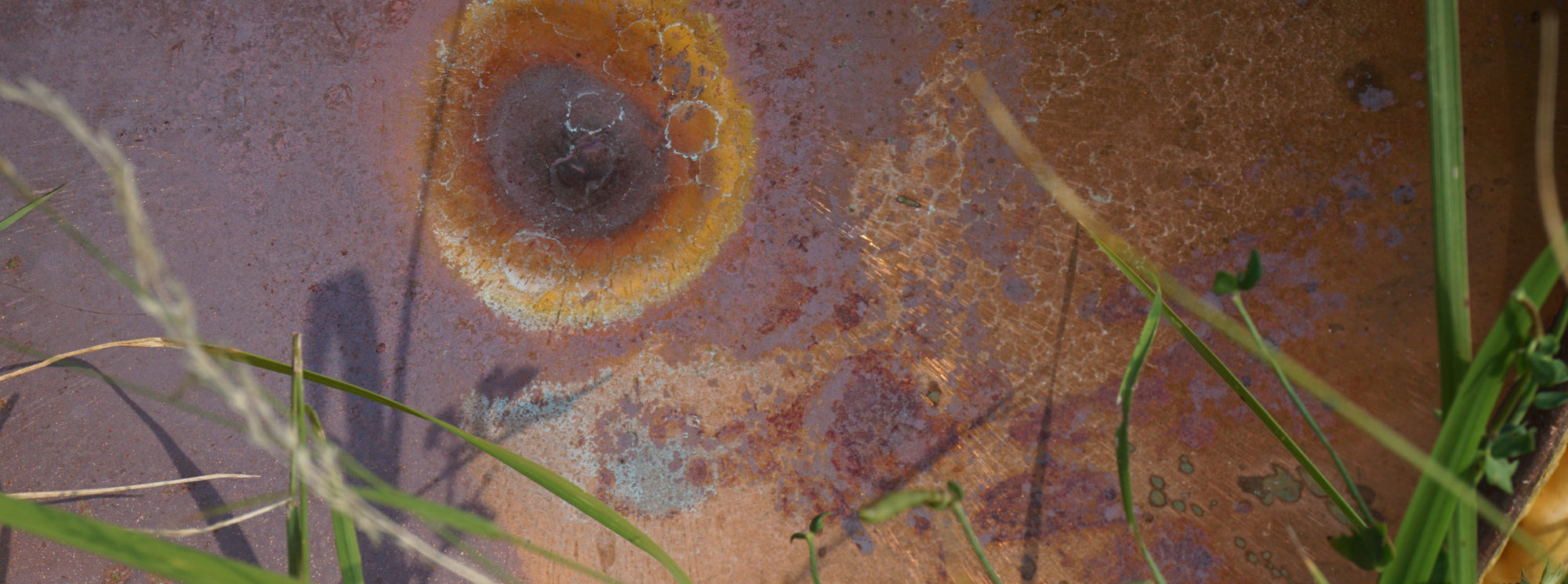The principles of service design
Repost: In 2014 @richardhod asked me “What’s service design?” This is what I wrote then. A decade later, the practice has evolved, and taken a huge role in many endeavors, yet I think these definitions and principles remain:Service design is playing an increasingly important part of that way that our public services, consumer products and society are …
Dismantling Ableism
Ableism: The insistence that anyone can overcome or transcend physical limitations such as disability or illness when for any reason it is just not possible for them to do so. The assumption that if one person can, anyone can, regardless of circumstances resources or any priviledge. The belief that expressing vulnerability is to be avoided, …
Five different ways that creative people burnout or crash, and what we can do to prevent this.
We are all creative, and in our own different ways, yet for those of us who put our heart and soul into the work we do to earn a living, certain risks go along with the rewards. Or do they? Why are there so many good articles about how to deal with burnout, but not so …
Reframing Autism: The Role Of Positive Systems In Autistic Health And Wellbeing
The autistic spectrum is not, as is commonly understood, a line of severity but a cluster of impairments. Should the health issues that autistic people are prone to be considered alongside of, or as part of the spectrum? If so, why hasn’t this been spotted before now? During the recent Autism Awareness month, there was …
Continue reading “Reframing Autism: The Role Of Positive Systems In Autistic Health And Wellbeing”
Happy Birthday, Lucy!
Today, the Google homepage ‘doodle’ features the renowned haematologist Lucy Wills, born 131 years ago into a family of prominent, lawyers, scientists, engineers and geologists. It’s great to see her getting global recognition for her groundbreaking work, both through the doodle and the many many news reports Not only is she my namesake, she is …
Individually rare, collectively common
Today is #rarediseaseday The word ‘rare’ is somewhat misleading though, as roughly 1 in 3 of us ( and more as we age) suffer from conditions and health problems that are “Individually rare, collectively common”. Many of these are not so much rare, but complex, and complex in a way that most current medicine (and large …
